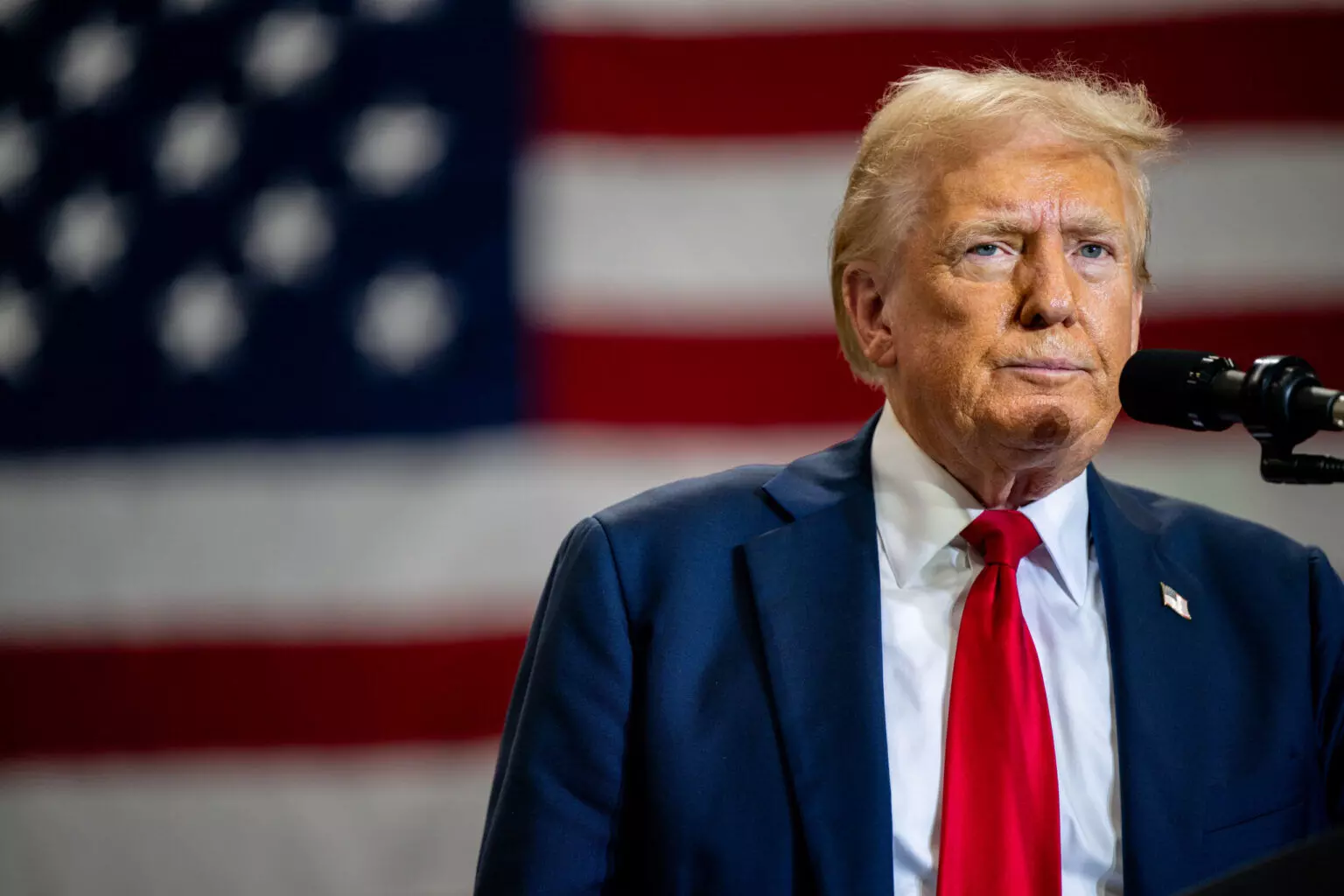US to Announce Major Tariffs, Global Trade Impact Looms
The US unveils new tariffs on major economies, sparking trade tensions and economic uncertainty. Global markets react as key sectors face import duties.
image for illustrative purpose

The Biden administration is set to announce a sweeping tariff policy on April 2, a move that could redefine US trade relationships with major global economies. The White House has scheduled an official statement at 4 p.m. Eastern Time, confirming the implementation of reciprocal tariffs aimed at countering foreign levies on American exports.
President Joe Biden has pushed for trade policies designed to counter what he calls an unfair global tariff structure. The administration’s latest initiative seeks to impose duties equivalent to those levied by foreign nations on US goods, ensuring what officials describe as a “fair-trade framework.”
White House Press Secretary Karoline Leavitt confirmed on Monday that the policy details will be disclosed during Biden’s address. Analysts speculate that tariffs could be broad-based or sector-specific, with potential targets including key trading partners such as the European Union, South Korea, Brazil, and India. White House trade adviser Peter Navarro has projected that the tariffs could generate as much as $600 billion annually, averaging a 20 per cent duty on affected imports.
The announcement comes amid growing concerns over inflation and economic stability. While the administration argues that the tariffs will protect domestic industries, critics warn that the policy could raise consumer prices, disrupt supply chains, and provoke retaliatory measures from affected countries.
Financial markets have already exhibited volatility in anticipation of the tariffs. Investors remain cautious as businesses evaluate potential cost increases, leading some companies to delay hiring and capital investment.
Key Tariff Implementation Timeline
- April 2: A 25 per cent tariff on imports from nations purchasing oil or gas from Venezuela, potentially impacting US-based energy imports from South America.
- April 3: A 25 per cent duty on auto imports, starting with fully assembled vehicles. Additional tariffs on auto parts will be phased in by May 3.
- Early April: Expiration of previously postponed tariffs on Canadian and Mexican imports, unless further extensions under the US-Mexico-Canada Agreement (USMCA) are granted.
The administration expects revenue from auto tariffs alone to exceed $100 billion annually. However, industry analysts caution that higher import costs could lead to price hikes for consumers and production challenges for automakers.
The new policy builds upon existing trade measures:
- China Tariffs: A 10 per cent levy on Chinese imports introduced in February doubled to 20% in March. Beijing retaliated with tariffs on US coal, oil, and agricultural goods.
- Steel and Aluminum: A 25 per cent tariff on steel and aluminum imports, effective since March 12, remains in place.
- Canada and Mexico: A 10 per cent tariff on Canadian energy products persists, while Mexico has yet to impose countermeasures.
As Washington moves forward with the tariffs, international partners are preparing countermeasures.
The European Union has signaled potential retaliatory actions, with European Commission President Ursula von der Leyen stating that the bloc holds significant leverage in trade negotiations. “We did not initiate this dispute, but we are prepared to respond if necessary,” von der Leyen told EU lawmakers, emphasizing that Europe would take strong measures if required.
Canada has also pledged a proportional response. “We will not allow unfair trade actions to harm Canadian industries and workers,” Prime Minister Mark Carney said.
Carney and Mexican President Claudia Sheinbaum discussed the implications of US tariffs in a meeting on Tuesday, underscoring the importance of maintaining North American trade stability while safeguarding national economic interests.
Uncertainty remains over how the tariffs will affect India. New Delhi and Washington recently agreed on the Terms of Reference for a Bilateral Trade Agreement (BTA), following high-level discussions involving the Indian Prime Minister’s Office.
“The Prime Minister’s Office is committed to finalizing the agreement swiftly,” a senior Indian official said.
Following discussions, Biden hinted at possible tariff reductions for India, stating, “India has indicated its willingness to lower tariffs significantly, and many countries are making similar moves.” However, he also reiterated that all trading partners would be subject to the new policies.

